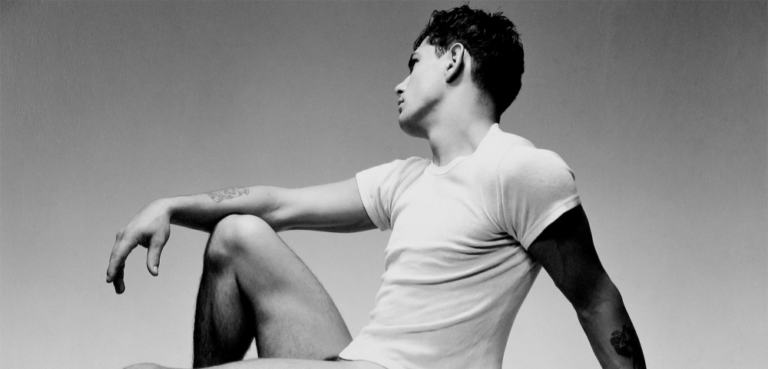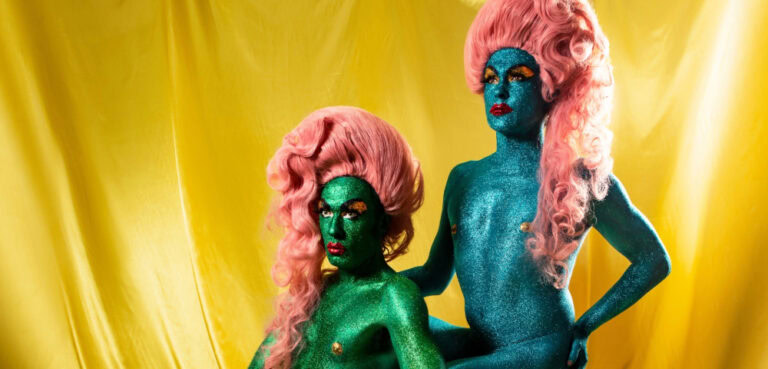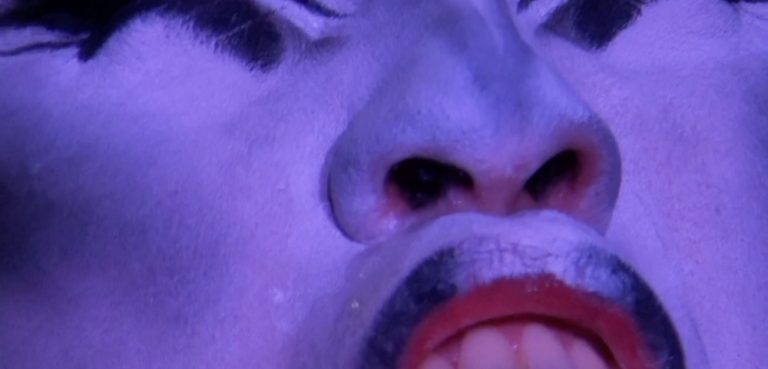
Making peace with Bali
When Dallas Finn arrived in the Bali village of Kuta last year he planned to stay for only a two-week holiday. Five months later he’s still there, having taken on the task of building a memorial park on the site of the terrorist bombings that killed 88 Australians on 12 October 2002.
Finn had been unhappy with his life in Sydney, where he worked as a driver for high-class hookers and did various other odd jobs to get by. Feeling he was stuck in a rut, Finn sold his Marrickville unit for a packet in 2003 and decided to go on an around-the-world trip, first stop Bali.
He arrived in Kuta a few weeks before the first anniversary of the bombings that destroyed the Sari Club and Paddy’s Bar, and suddenly found himself getting caught up in the emotion of the occasion. He met several Australians who had lost loved ones in the blasts, including a woman named Sandra Thompson, the mother of killed Coogee Dolphins player Clint Thompson. Finn instantly struck up a friendship with her, and when he heard the Sari Club site was for sale he grabbed Thompson and on the spur of the moment said, Let’s buy it.
I said, -˜I’ll put $5,000 of my own money on the table now.’ Everyone’s mouths hit the ground. I thought that if we got everyone in Australia to donate a dollar coin, we could do it. That’s not much to ask for.
Thompson agreed and the two of them began a campaign to obtain the Sari Club site and turn it into a memorial park. The village of Kuta has accepted their proposal, which they’ve titled Bali Peace Park, and now all they need is the money. We’re asking the Australian people to donate $2.3 million to buy the site, Finn said, adding that they hope to have it finished by the second anniversary of the terrorist attacks.
The layout of the park will be the same as the layout of the Sari Club. For example where the bar was there will be a garden bed of the same length. We’re going to put outdoor tables where the original tables were in the club, Finn explained. Victims are identifying with the site by where they were standing when the bomb went off. Or where their mum was when she died. Nearly every day people are bringing maps of the club and identifying with the site that way.
Finn and Thompson are also trying to raise money for the emergency services in Bali so they are better prepared for any similar incidents in the future.
The campaign to raise the $2.3 million has been funded entirely out of Finn’s personal savings. And it hasn’t been easy. While rallying people in Bali and Australia to get behind the cause, he’s had run-ins with the Indonesian government and army, who are very cautious about what he’s trying to achieve. I think they don’t want to touch this, Finn said of the planned memorial. Politically it’s too hot for them to handle. He said the Indonesian immigration department has tried to force him out of the country on more than one occasion and he’s also been threatened by certain parts of the Indonesian community who don’t want him there.
Finn has also learnt the Australian and American governments, as well as Indonesia, are also closely watching what he’s up to.
We don’t want the Australian government involved, and I’ve spoken to them and they can’t get involved, Finn said. Once a government becomes involved it gets political, and the Balinese people don’t want that. This park is for the people by the people.
Various other proposals for the empty Sari Club site were put forward by other parties, which included building another nightclub. The Balinese government, he said, would like to put a museum on the site depicting the tragic events of 12 October 2002. But the government doesn’t have the money to do it and the village of Kuta doesn’t want a museum. They want something sympathetic to the Australians and also to the rest of the world, Finn said. The people of Kuta, as well as the survivors and families of the victims, are behind the Bali Peace Park.
So how did a man who didn’t directly know anyone killed in the attacks become so passionate about what happened? It was just something I believed in, Finn said. I just believe in the Indonesian people, and the Australians who’ve been affected by it. It’s as simple as that. And it’s made me believe in myself again.
There’s been times when I wanted to chuck it in. I’ve had everything thrown at me. I’ve had people trying to get me out of the country. If I knew what I was getting myself into I probably wouldn’t have done it. But I needed it. I wasn’t happy with where I was going in my life. And I found something I believed in and am so passionate about.
The other thing is 88 Australians were taken out. And I think every Australian was affected by that.
Further inspiration was seeing the effects the attacks have had on the economy in Kuta. Many hotels closed down and a lot of international companies pulled out of Indonesia, which has caused a major unemployment epidemic, Finn said. There are people over there begging for rice on the streets, so we’re hoping to get an employment program started up with the Bali Peace Park fund too.
Being openly gay in Bali has never an issue, he said. There’s a vibrant gay community over there. The Balinese are the friendliest bunch of people. There’s a real sense of community there that I think Sydney used to have but which we’ve lost. We could learn a lot from the Indonesian people about family and community.
Info For information on the Bali Peace Park and how you can make a donation go to www.balipeacepark.com.









